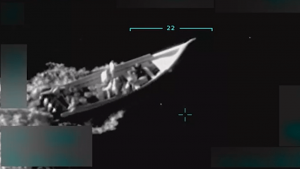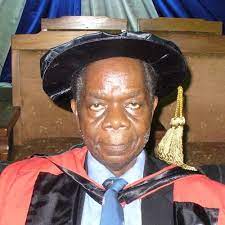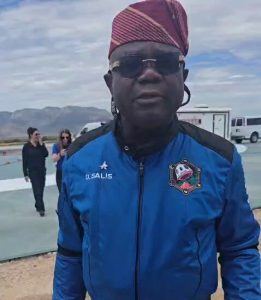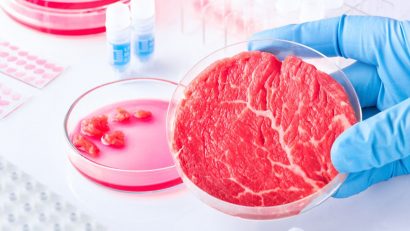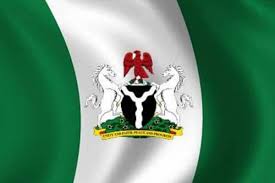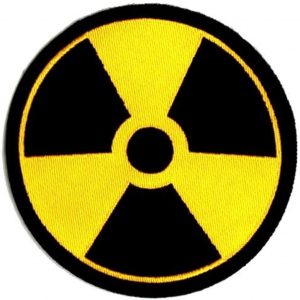Dangote refinery started selling petrol from its gantry to suppliers on 15 September, 2024.
This was a huge national relief as the four refineries in the country are not working, and Nigeria – an oil producing nation – had to be importing refined petrol.
As a result, petrol was sometimes scarce and the pump price was high. The government, facing an economic crisis, said it is not able to further subsidise the product.
The national oil company, NNPCL, was owing importers $6 billion.
But with Dangote refinery product now available, why did the pump price of petrol not go down?
Dangote refinery buys its crude oil for refining in US dollars and is selling in dollars, not naira the local currency.
Its crude oil for September, 2024, was $0.52 per litre or N842.61 at an exchange rate of N1,637.59 to a dollar.
Refining cost is $0.03 per litre or N56.17
Cost of crude oil plus refinery cost is N898.78/litre.
The regulator, NMDPRA, charges a fee of N8.99/litre. There is also a fee for inspection for N0.97/litre. Both regulator and inspection fees come to N9.96/litre.
Transportation from the refinery to pump or dispensing stations in Lagos is N15/litre. This is done with tankers or trucks.
The profit margin for the marketer is N26.48/litre.
All these costs bring the pump price in September, 2024, to N950.22/litre in Lagos.
Due to higher transportation costs, the pump price in Abuja is N992/litre, and N1,019/litre in farther Borno State.
This has not gone down well with Nigerians who thought the price should have been much lower.
And why not? After all, the crude oil is from Nigeria and refined at home too.
NNPCL said it buys from Dangote refinery at N898/litre.
Nigeria’s minimum wage is N70 thousand a month.
The local currency is weak, and Dangote refinery has to defend itself that it sells in dollars until the government allows its buying and selling of petroleum products in naira in October, 2024.
Its cost of producing one litre of petrol is $0.55
An energy economist, Kevin Emmanuel, puts the landing cost of one litre of imported petrol at $0.70 in Nigeria. In Ghana, it is $1.20; Singapore – $2.50; Canada – $1.50; Luxembourg – €1.432 and US – $0.95
However, minimum wage a month in US in naira equivalent a month is N7,521,460; Luxembourg – N10,735,900
The International price is fair, but the naira value is very high.
NNPCL started the offtake of Dangote petrol and selling to local marketers at N765.99/litre.
With this, the petrol subsidy is still on to avoid a national outcry, but in the local currency, the naira.
Nigeria’s national demand for petrol was about 30 million litres a day, but this has increased to 40 million litres a day in 2024.
On the first day, Dangote refinery supplied 16.8 million litres of petrol.
It has a capacity to refine 650 thousand barrels of crude oil in one day at full capacity and is the biggest refinery in Africa.
Nigeria’s national oil company, NNPCL, sold 5.3 million barrels of crude to it in September, 2024, and it paid in dollars. The same month, it bought an additional 9.7 million barrels of crude from Brazil and USA also in dollars.
From October 1, 2024, local refiners will purchase crude from the national oil company in the local currency and will also sell refined products in naira.
This will bring down price, it is hoped, and also reduce pressure on the demand for foreign exchange as 40% of foreign earnings is spent on importation of refined petrol.
If the naira gets stronger, say N500 to a dollar, the pump price of petrol will come down from N950/litre to N275/litre, all things being equal.
The Nigerian economy is a fledgling one and is subject to extraneous influences.
Dangote refinery was built with a loan of $20 billion dollars. It is owned by Nigerian and Africa’s richest man, Aliko Dangote.
Another way that Nigeria can reduce its consumption of petrol is to switch to other energy sources like electric vehicles and CNG cars.
Some local car manufacturers like Innoson are now producing electric vehicles.
Sixty-five litres of CNG costs N3,500 and can power a car for 190 kilometres – that is from Abuja to Kaduna. It will take about N65 thousand of petrol, at current price, for a car to make that journey.
The greatest challenge now is how Nigerians can adapt to the present high petrol price, inflation, amidst unfavourable exchange rate, and get over them and keep developing.
The government and all its agencies also need to reassure the citizens that there is no hidden agenda to favour oil cabals by permanently keeping the price of petrol very high at the people’s expense.

